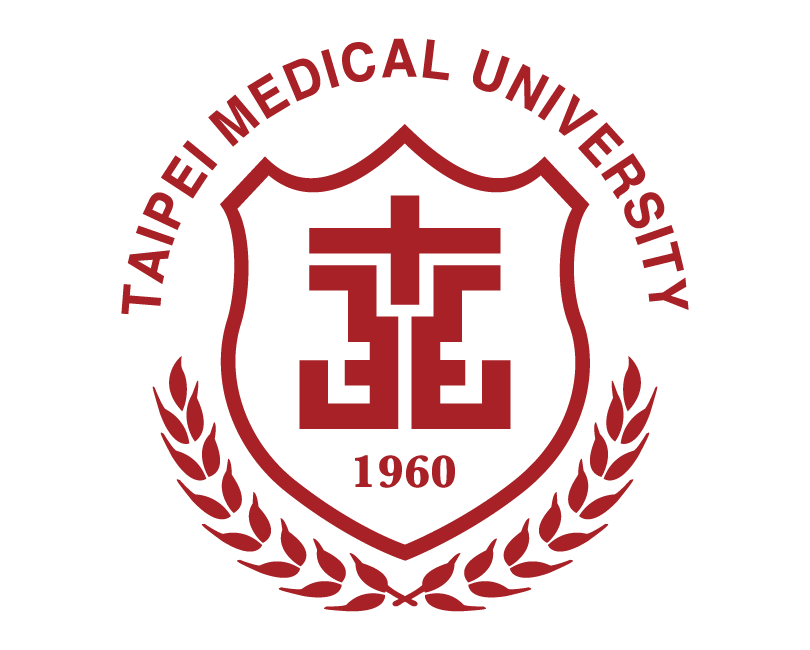TMU hosts Digital Transformation and Medical Resilience green medicine forum to address the impacts of climate change
Sponsored by

April 30, 2024, Taipei Medical University (TMU) held a green medicine forum themed on “Digital Transformation and Medical Resilience”. At the forum, participants shared digital transformation and response management strategies promoted by the TMU Healthcare System, all aiming to achieve zero-net emissions in healthcare, medical sustainability, and reduce impacts of climate change.
- Building a climate-adaptable healthcare future
Taiwan Institute for Sustainable Energy Chairman Eugene Chien shared ESG development, initiatives, and practical actions by Taiwan's medical institutions. He emphasized that disaster risk assessment, strengthening resilience, and establishing adaptive management strategies must be implemented in response to the health threats and impacts of extreme climate change.
- Digital technology in practical medical care
Director Chun-You Chen of Wanfang Hospital’s Research Center for Artificial Intelligence in Medicine and Health pointed out that the traditional healthcare service model can easily lead to extraneous healthcare services, increased costs, etc. Therefore, Wanfang Hospital has developed the One Team system, which automatically identifies patients, collects information on their medical status, and creates evaluation management and effectiveness data. This has greatly reduced medical costs.
Chien-Hua Tseng, Director of Shuangho Hospital’s Department of Critical Care Medicine, shared that greenhouse gas emissions from inhaler treatments account for as much as 3% of the medical industry’s carbon emissions, higher than emissions from anesthetic gases. For that reason, Shuangho Hospital has developed an app that integrates diagnosis and training to assist patients at home, aiming to reduce greenhouse gas emissions generated during treatments.
- Sustainable × Digital Dual Transformation
Lung-hsi Li, Deputy Director Wanfang Hospital’s Sustainability Office, outlined their five major carbon management strategies: Greenhouse gas inventories; energy efficiency improvements; promoting green living; cultivating green-collar talents; and developing green medical care. Wanfang Hospital has also established an energy management system that gathers environmental sustainability and energy-related information, enabling precise monitoring and implementation of management models.
Dr. Chien-Yi Hsu from TMUH’s Department of Cardiology shared how the heart failure care team has incorporated telemedicine to improve patients' quality of life, reduce readmission rates, lower mortality rates, and effectively trim medical costs.
- Promotion of net-zero climate action by the TMU system
Dr. Alan Liao from TMUH’s Department of Anesthesia & Pain Medicine, shared initial results from the hospital's change of anesthetic gases. This switch successfully reduced greenhouse gas emissions by 30% within a single year. A carbon reduction roadmap for the Department of Anesthesia & Pain Medicine is currently being planned, proposing optimization of gas anesthetic agents, improvements to general anesthesia methods, and building general anesthesia guidelines to achieve the goal of energy conservation and carbon reduction.
Shuangho Hospital Deputy Superintendent Mei-Yi Wu explained the vicious cycle between climate change and kidney diseases. Shuangho Hospital has built Taiwan's first net-zero carbon emission kidney care center, and has established an information system to provide precise care. A carbon footprint assessment will be conducted in the second half of 2024, then carbon footprint reduction strategies will be further planned.
Chairman Ray-Jade Chen stated that climate change has caused many diseases to spread; and medical care services generate high carbon levels of emissions. For these reasons, the TMU Healthcare System should actively balance health promotion and environment sustainability to facilitate sustainable medical development. President Mai-Szu Wu emphasized the need to adopt new sustainable living habits, energy concepts, and use digital technology to fulfill our responsibility toward the environment of the future.